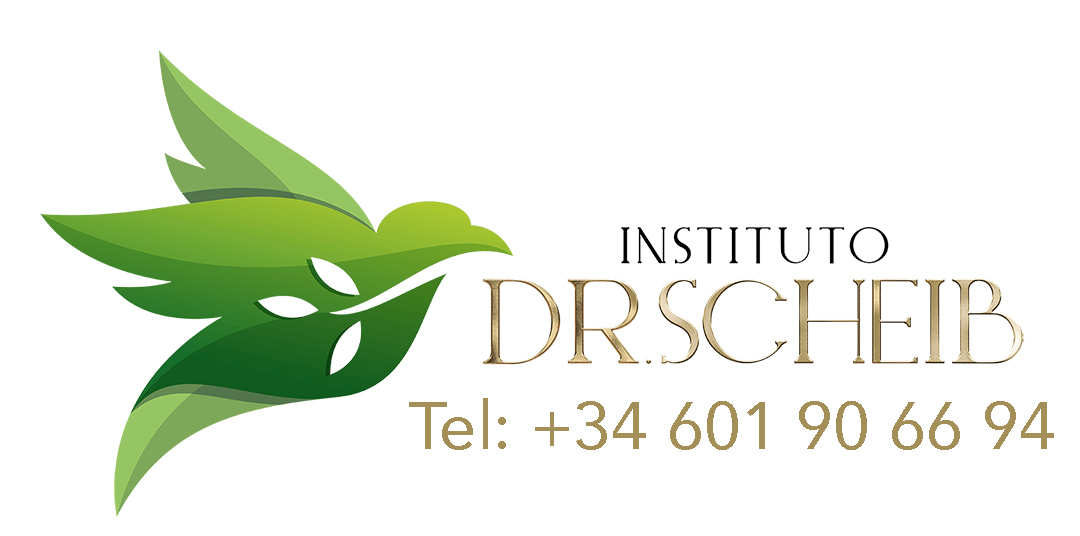Treatment of addiction, addictive disorders and harmful substance abuse
Treatment of addiction is difficult, since addiction is generally caused by a malfunction of the reward system in our brain. Feelings of well-being or euphoria are triggered by certain substances, or even behaviour patterns, and the brain learns relatively quickly to bring this state about again. For some people this leads, at some point, to the purpose of their life increasingly revolving around this substance or behaviour or, if they are forced into abstinence, turning to substitutes.
In principle, all substances or activities that have a powerful ability to satisfy our reward system can become addictive. Among the most common addictions are alcohol and tobacco dependency, but there are also non-substance addictions such as to gambling or sex. Even behaviour patterns that are in a sense desirable, such as addictions to exercise or work can become an addiction.
Medically there is indeed a difference between non-substance addictions and dependency on substances. In therapy, however, there is not a great difference.
It is not uncommon for one addiction to be exchanged for another, for example alcohol being substituted by exercise. A not inconsiderable number of top athletes have at one time been dependent on alcohol or other substances!
A tendency towards addiction is governed by a person’s genetic makeup as well as their life history. Many illnesses, for instance anxiety or chronic pain, encourage the development of an addiction through self-medication. Sometimes, however, it is simply the lifestyle, if the overall environment displays an uncritical approach to certain substances or behaviours.
Hazardous, harmful and dependent substance use
When talking of consumption of potentially harmful substances a distinction is made between safe, hazardous, harmful and dependent use.
Many substances are not harmful in small quantities. This is referred to as safe consumption. Whether regular consumption of small amounts of alcohol can be seen as safe is currently disputed.
Hazardous use is defined as use where there is an increased likelihood of damage due to the consumption behaviour.
Harmful use is referred to when physiological, social or physical damage has already happened. It is, however, difficult to differentiate between physiological and physical damage as in each case there are demonstrable changes in the brain (for example, with depression). Social damage may involve the loss of a driving licence or job, or conflict with a partner.
Where use is dependent, consumption cannot be stopped or restricted despite the fact that damage has occurred, or there are withdrawal symptoms if abstinence from the addictive substance is attempted.
Impulse control disorders when non-substance addiction develops
In the case of non-substance addictive behaviour, the classification is not easy to make; there are, however, to some extent a great deal of similarities in terms of behaviour that is safe, hazardous and harmful. It is only in the type of dependency that there are differences, since withdrawal symptoms cannot be physically measured.
This is referred to as an impulse control disorder.
Treatment of addiction
Addiction is always an illness. Substance dependancy has nothing to do with a weakness of character or morality! Unfortunately, addicted patients are still confronted with severely moralising and punitive therapy concepts whose effectiveness is undocumented and which are likely to harm the patient.
In every case of addictive disorder, treatment should be a combination of psychotherapeutic and pharmacological therapy and, if appropriate, also brain stimulation. An individualized sports therapy helps to develop new habits, improve self-efficacy and self-awareness and is therefore an integral part of our therapy concept.
Among the addictions treated at the clinic Dr. Scheib are:
- Alcohol
- Tobacco
- Cocaine
- Cannabis
- Opiates
- Benzodiazepines
- Gambling addiction
- Internet addiction
- Sex addiction
If you are interested in our therapy, please take a few seconds to fill out our contact form. We will set up a preliminary phone interview at your convenience to determine your individual therapy:








